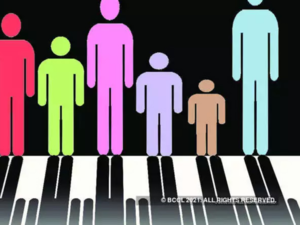
The government said the decision will benefit nearly 1,500 OBC students in MBBS and 2,500 OBC students in postgraduation, and also about 550 EWS students in MBBS and about 1,000 EWS students in postgraduation every year.
The All India Quota (AIQ) Scheme was introduced in 1986 under the directions of the Supreme Court to provide for domicile-free merit-based opportunities to students from any state to study in a good medical college located in another state.
AIQ consists of 15% of total available undergraduate seats and 50% of total available postgraduate seats in government medical colleges. Initially, there was no reservation under the AIQ Scheme. In 2007, the Supreme Court introduced 15% reservation for Scheduled Castes and 7.5% for Scheduled Tribes. When the Central Educational Institutions (Reservation in Admission) Act became effective in 2007, providing for uniform 27% reservation to OBCs, the same was implemented in all central educational institutions including Safdarjung Hospital, Lady Harding Medical College, Aligarh Muslim University and Banaras Hindu University. However, this was not extended to the AIQ seats of state medical and dental colleges.
The move follows a complaint filed by the All India Federation of OBC Employees Welfare Association before the National Commission for Backward Classes (NCBC) last year in which it was alleged that since 2017 OBCs were not being provided the mandatory 27% reservation in all-India quota seats which are pooled from state colleges and that the seats were being transferred to the general category. The complaint alleged that this cost OBCs around 10,000 seats in three years. The NCBC issued a notice to health ministry and the issue was under consideration for more than a year.
This decision is also in sync with the reforms carried out in the field of medical education since 2014. MBBS seats in the country increased 56% to 84,649 in 2020 from 54,348 seats in 2014 and the number of postgraduate seats increased 80% to 54,275 from 30,191. During this period, 179 new medical colleges were established, raising the total number in the country to 558.
Read More News on
(Catch all the Business News, Breaking News, Budget 2024 Events and Latest News Updates on The Economic Times.)
Subscribe to The Economic Times Prime and read the ET ePaper online.
Read More News on
(Catch all the Business News, Breaking News, Budget 2024 Events and Latest News Updates on The Economic Times.)
Subscribe to The Economic Times Prime and read the ET ePaper online.









 Get Unlimited Access to The Economic Times
Get Unlimited Access to The Economic Times
